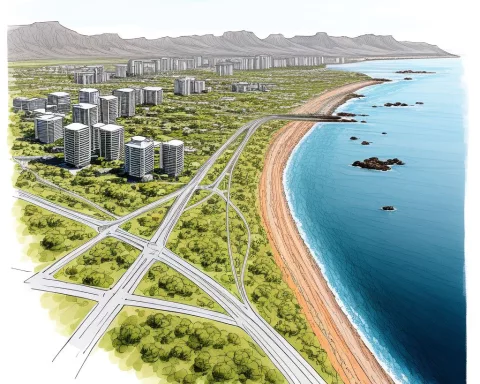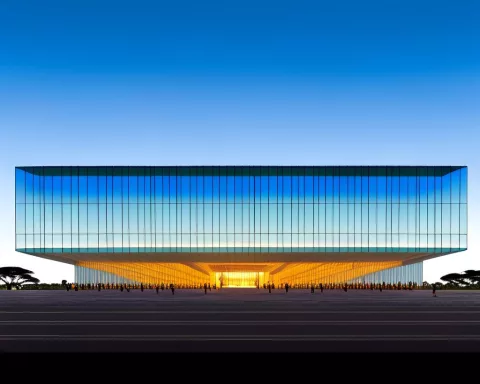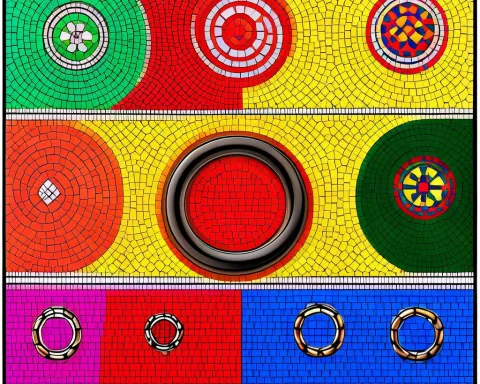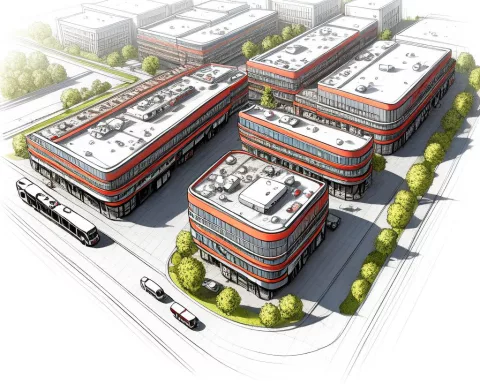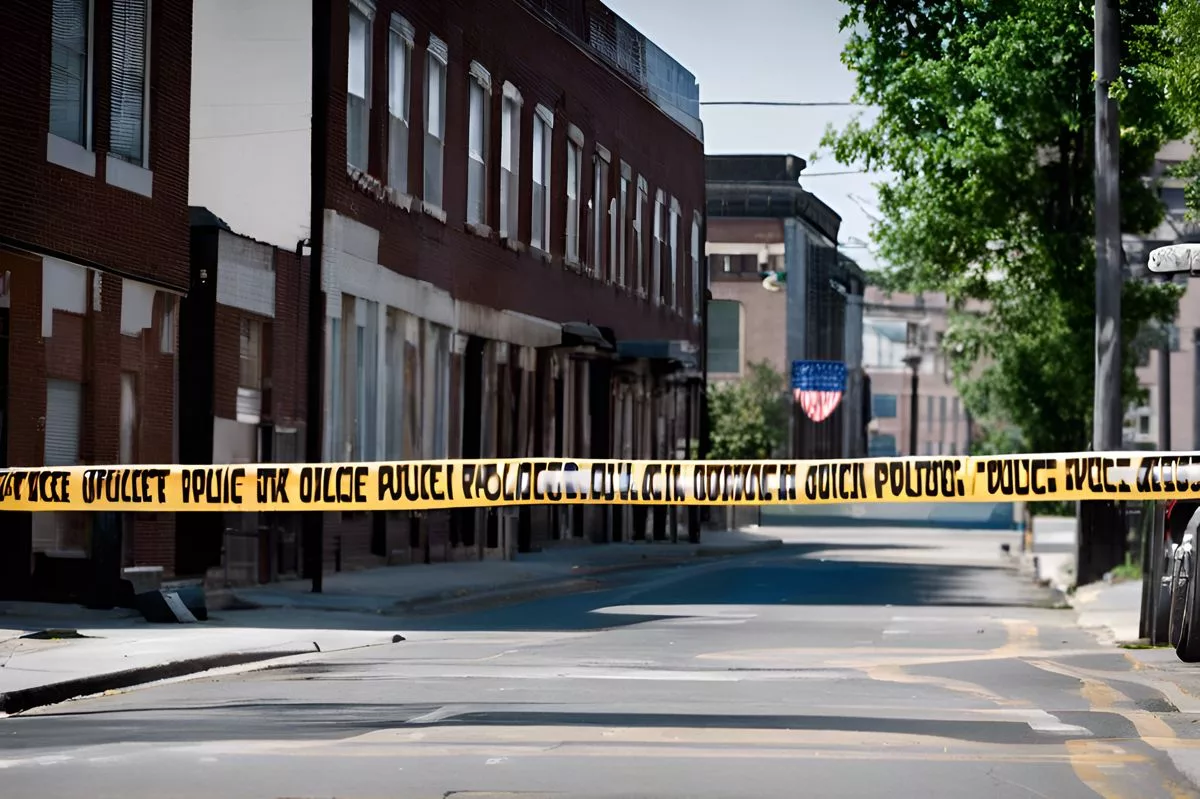The debate over whether to convert a baseball field in Gugulethu, South Africa into a hospital has sparked a resistance movement from locals, including sports teams and healthcare advocates. The Gugulethu Sports and Development Trust argues that the decision was flawed and lacks public participation processes, while others stress the urgent need for healthcare in the region. The ongoing struggle highlights the dilemma of balancing community spaces and increasing demands for essential services.
Dispute over the conversion of a baseball field into a hospital in Gugulethu, South Africa, has ignited a resistance movement from local sports teams and groups campaigning for a medical facility. The Gugulethu Sports and Development Trust has criticized the decision as ‘legally and procedurally flawed,’ highlighting a lack of public participation processes and logistical viability for a hospital site. The ongoing struggle encapsulates the broader tension of balancing the preservation of community spaces and meeting increasing demands.
Dispute Over Sports Field Conversion
In the vibrant neighborhood of Gugulethu, on Cape Town’s outskirts, South Africa, the local baseball field has become the unexpected centerpiece of a brewing conflict. The core issue revolves around the City of Cape Town’s decision to hand over this sports field to the Western Cape government for the construction of a hospital. This decision has ignited a resistance movement, not just from local sports teams but also from groups campaigning for a medical facility in the region.
One of the most outspoken opponents of this decision is the Gugulethu Sports and Development Trust, a community organization that uses the field on weekends. Along with the Trust, nearly twenty-two local schools use this field for their interschool matches. The Trust has criticized the City’s decision as ‘legally and procedurally flawed,’ maintaining that it overlooks the field’s current significance and practical use to the community.
In a formal letter to the City, the Trust has expressed unease over the site’s logistical viability for a hospital, especially in regards to the access roads. This concern implies a more profound challenge – the insufficiency of urban planning, a predicament encountered by many African metropolises.
Advocacy for Healthcare Development
Interestingly, the Movement for Change and Social Justice, a coalition of healthcare, safety, and social service organizations, has advocated for a district hospital with a trauma unit in Gugulethu since 2016. However, the selection of the sports field as the hospital site ‘came as a surprise’ to Lunga George, a representative of the coalition.
Further, the Trust contends that there was a lack of public participation processes, and they were not included in consultations about ending their lease. This argument from the Trust brings to light the broader discourse about participatory governance. This viewpoint is endorsed by Vasi Nyakaza, owner of the United Aces Football Club and President of the Gugulethu Local Football Association. He emphasizes how the decision appeared ‘whimsical,’ made by City officials without fully comprehending its potential repercussions on Gugulethu’s social fabric.
Public Participation and Bureaucracy
Even with the growing opposition, the bureaucratic machine continues to turn. Ntobeko Mbingeleli, a provincial department of infrastructure representative, confirmed that the ‘property transaction is still in process.’ Corroborating this, James Vos, the Mayco member for economic growth, stated that the transfer of municipal assets to other government entities does not require consultation processes as per the Municipal Finance Management Act. He stressed that all departments unanimously backed the decision, given Gugulethu’s urgent healthcare needs.
In the meantime, the Western Cape Department of Health and Wellness spokesperson, Monique Jonhstone, announced that ‘no purchase has been made as negotiations are still in progress to secure the site’. She assured community members that further dialogue would take place once the site is procured and purchased.
A Balancing Act of Community Needs
This ongoing struggle encapsulates a broader tension – striking a balance between preserving community spaces and meeting the increasing demands of a growing township. The Gugulethu residents find themselves in a conundrum, torn between the need for recreational areas and essential health services. The ultimate decision, regardless of its direction, will indelibly mark Gugulethu’s landscape and lifestyle.
What is the dispute about in Gugulethu?
The dispute in Gugulethu is about whether to convert a baseball field into a hospital, sparking a resistance movement from locals, including sports teams and healthcare advocates.
Who is opposing the decision to convert the baseball field into a hospital?
The Gugulethu Sports and Development Trust is one of the most outspoken opponents of this decision, as well as nearly twenty-two local schools that use the field for their interschool matches.
What is the advocacy for healthcare development in Gugulethu?
The Movement for Change and Social Justice, a coalition of healthcare, safety, and social service organizations, has advocated for a district hospital with a trauma unit in Gugulethu since 2016.
What is the argument from the Gugulethu Sports and Development Trust?
The Trust argues that the City’s decision to convert the baseball field into a hospital is ‘legally and procedurally flawed,’ maintaining that it overlooks the field’s current significance and practical use to the community, and there was a lack of public participation processes.
What is the bureaucratic perspective regarding the decision?
James Vos, the Mayco member for economic growth, stated that the transfer of municipal assets to other government entities does not require consultation processes as per the Municipal Finance Management Act, and all departments unanimously backed the decision, given Gugulethu’s urgent healthcare needs.
What is the broader tension highlighted in this struggle?
The ongoing struggle highlights the dilemma of balancing community spaces and increasing demands for essential services, striking a balance between preserving community spaces and meeting the increasing demands of a growing township.


